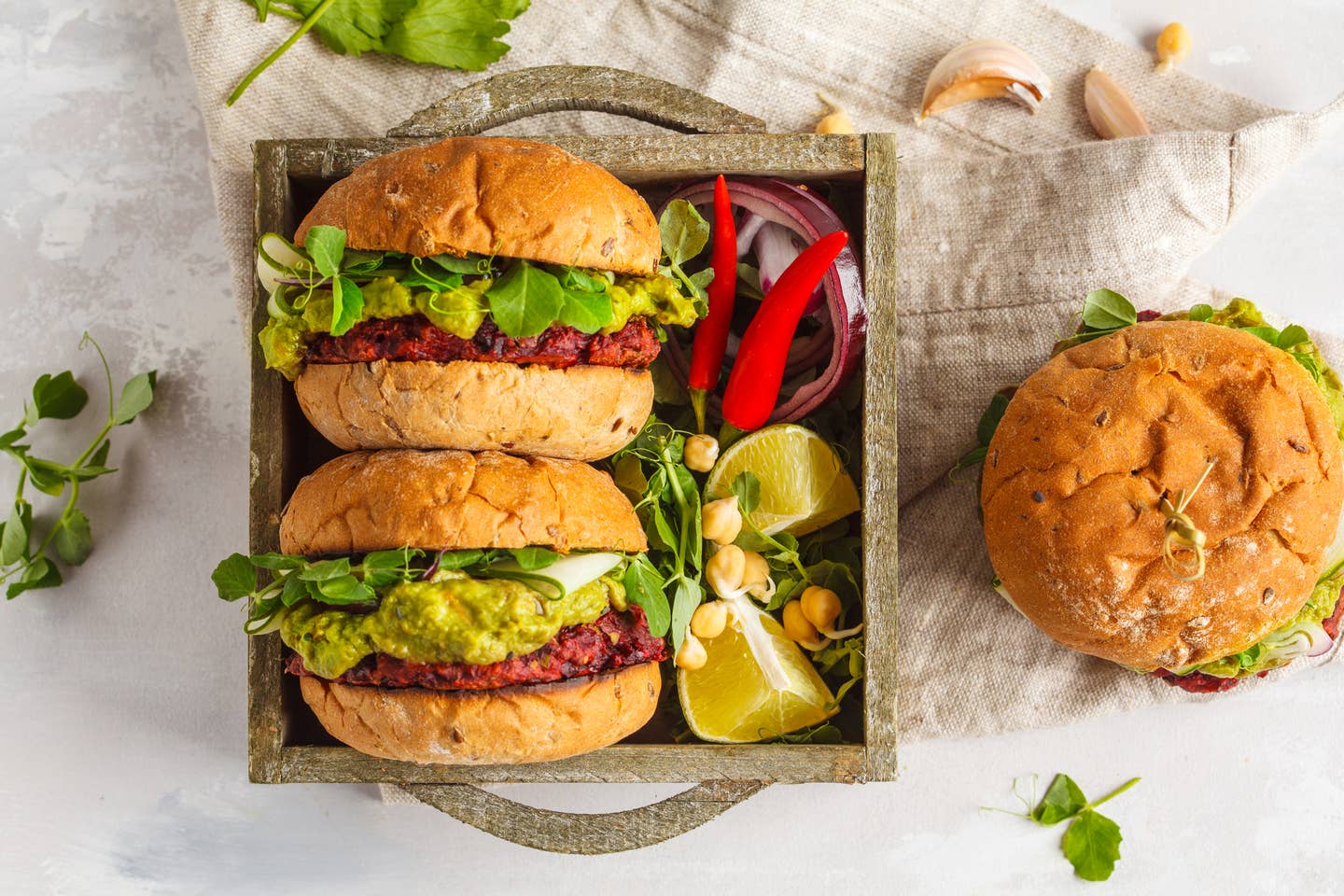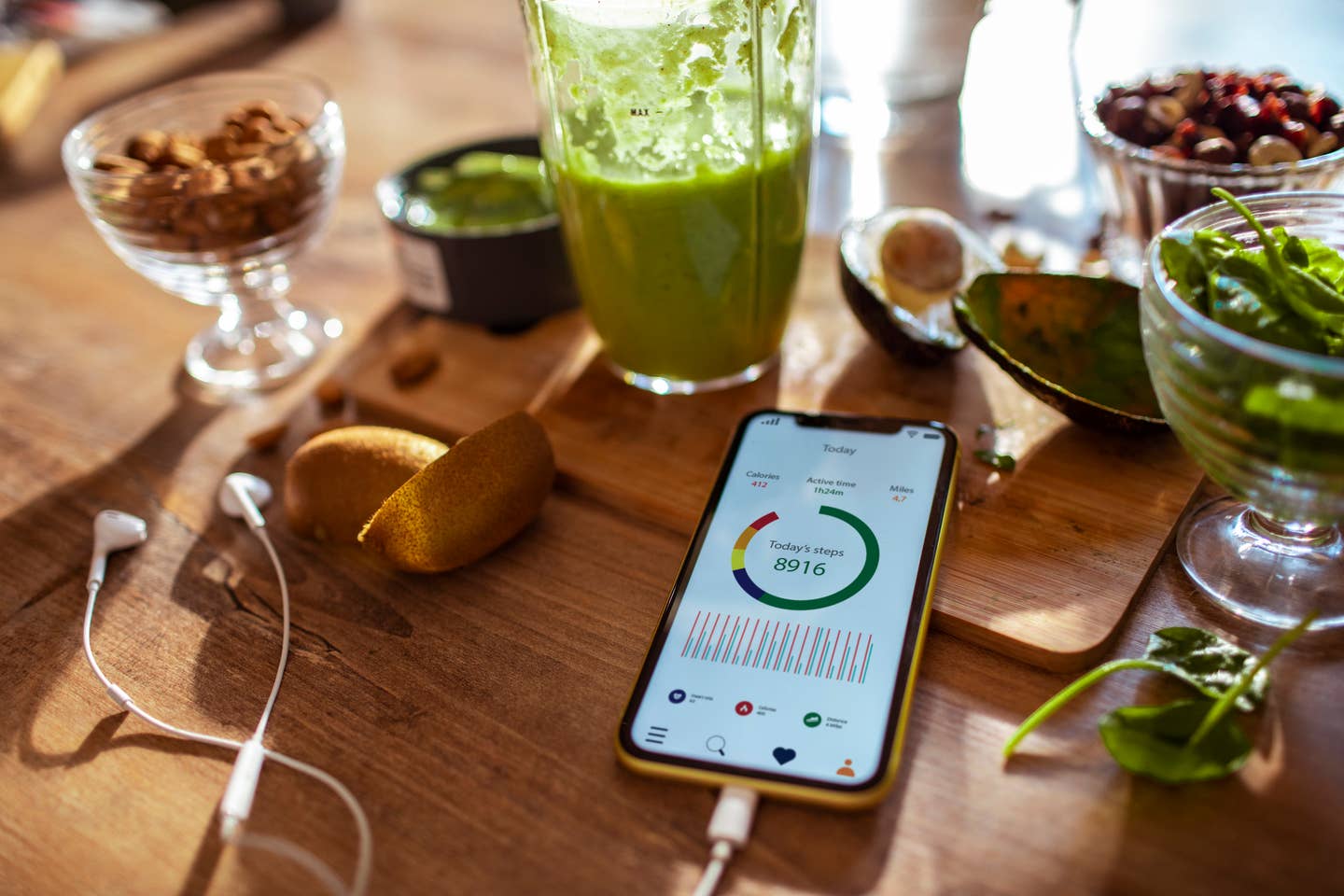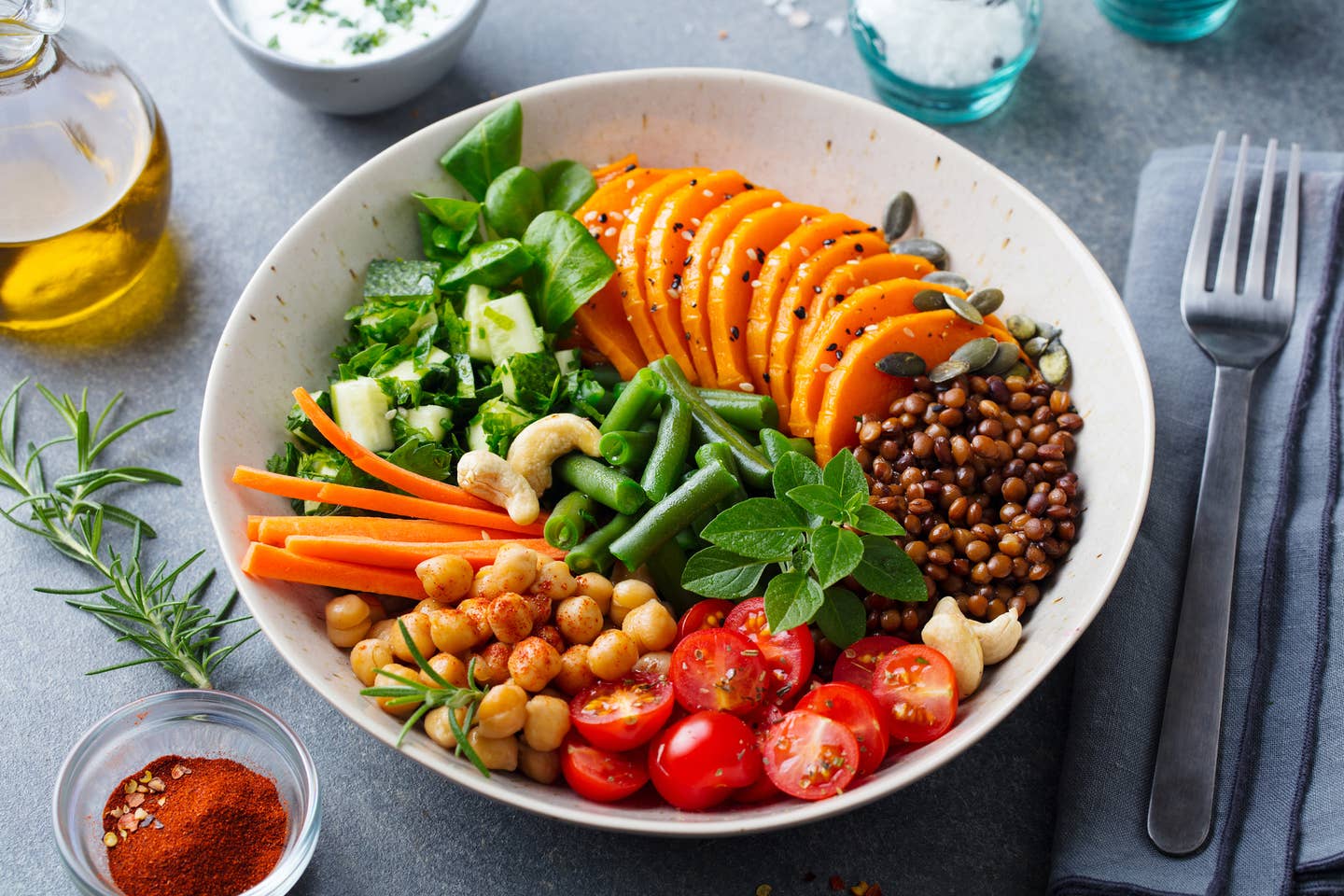
To Lose Weight And Keep It Off, Add These Plant-Based Foods to Your Plate
When you set out to lose weight, chances are your focus on diet and exercise, which is a healthy start, But it's also important to focus on why you're losing weight and then go about it the healthy way, by adding more whole plant-based foods to your plate, rather than thinking about restricting your diet to unsustainable extremes.
Depending on your trigger for wanting to lose weight – specifically whether it's medical or nonmedical – most people who manage to lose weight often gain it back over time, according to one study. Medical triggers (such as a doctor telling you to lose weight or a relative having a heart attack) help people lose more weight and also keep it off for good. What doesn't work? Overly restricting your diet and not being able to stick with an extreme approach, since it's harder to maintain a healthy weight if you diet in a way that is not sustainable over time. Experts estimate that around 80 to 95 percent of people who lose weight through dieting gain it back within 2 to 5 years. How not to gain it back? Think of adding healthy foods to your day.
The key to sustainable weight loss is adding plant-based foods
Instead of focusing on what types of food to remove from your diet to assist with weight loss, your attention should turn to foods that you can eat to lose weight. Following a plant-based diet overall has been linked with lower calorie intake, higher fiber, but also greater food volume (you get more bang for your buck!) which are all factors that can help with weight loss. Experts call this choosing nutrient-dense foods such as fruits, vegetables, legumes and whole grains as opposed to calorie-dense foods such as sweets and packaged foods like chips.
Whether you’re currently plant-based or starting to turn to plant-based eating for your health, just by adding enough of these healthy nutrient-dense foods every day may help you see some weight loss.
Add these specific foods to your day for sustained weight loss
According to a 2016 systematic review and meta-analysis of randomized controlled trials published in the American Journal of Clinical Nutrition, the foods we should be eating more of are .... pulses!
Pulses are a type of crop that is harvested just for their seeds. The most commonly known types of pulses are dried beans, lentils, and peas. According to the Food and Agriculture Organization, pulses are nutrient-dense and contain lots of protein, making them an ideal option for those who do not consume meat or dairy. They are also low in fat and high in fiber, keeping our blood sugar in check and preventing obesity.
Pulses include all beans, peas, and lentils, such as:
- baked beans
- lentils (red, green, yellow, and brown)
- chickpeas (chana or garbanzo beans)
- garden peas
- black-eyed peas
- fava beans
- kidney beans
- lima beans
- haricots
- cannellini beans
- pinto beans
The meta-analysis consisted of looking at 21 clinical trials that involved 940 adult men and women and found that the average weight loss among the adults was 0.75 lbs (0.34 kg) over 6 weeks when they added a single serving (¾ cup) of pulses to their diet every day. This was without making changes to eliminate or reduce other foods, which often occur when following a weight loss diet.
The study's author, Dr. Russell de Souza, a researcher with the Li Ka Shing Knowledge Institute of St. Michael’s Hospital, believes that a big part of the 80 to 95 percent of diet failure is due to feeling hungry and experiencing food cravings. Both can be helped by pulses since they are high in protein and fiber, which can help you feel full longer. “This new study fits well with our previous work, which found that pulses increased the feeling of fullness by 31 percent," DeSouza says in Scientific Daily, "which may indeed result in less food intake.”
Though the weight loss was small, he added, "our findings suggest that simply including pulses in your diet may help you lose weight, and we think, more importantly, prevent you from gaining it back after you lose it,” he added.
The health benefits of pulses
Adding pulses to your diet every day may accompany lasting weight loss, but there are several other powerful health benefits of beans:
- Low glycemic index: Pulses won’t make your blood sugar spike through the roof when you eat them, which can make it a perfect option for individuals who have diabetes. A 2019 review adds that having good blood sugar control can decrease the risk of developing heart disease, stroke, or damage to nerves and kidneys.
- High in iron: Women of reproductive age are at risk of becoming anemic, which is a condition that occurs when you don’t have enough iron in your body. With anemia, your body isn’t making enough healthy red blood cells or the blood cells aren’t working properly according to the Office of the Assistant Secretary for Health (OASH).
- Contain phytochemicals and antioxidants: According to the Food and Agriculture Organization, pulses may provide anti-cancer properties and fend off cognitive decline.
- Lower cholesterol: An older study found that participants who ate 2 servings of 150 grams per day (dry weight) of pulses saw a decrease in total cholesterol and LDL (“bad”) cholesterol levels.
- Contains many essential nutrients: A 2014 review indicates that pulses are high in many essential vitamins and minerals, including zinc, folate, and magnesium.
How to eat them
Another great reason to add pulses to your day is that they are extremely versatile and tasty. Check out some of our favorite recipes that contain pulses:
- Vegan Sweet Potato Chickpea Burger: you don’t need beef to make a burger, so instead combine chickpeas and sweet potato to get the perfect combination for your next cookout.
- White Bean Zucchini Pesto Pasta: believe it or not, pulses go great with pasta night! This recipe combines white beans, zucchini, and vegan pesto to really amp up the nutrients and the flavor.
- Warm and Spiced Lentil Stew: the cold weather is just around the corner and what better way to stay warm then cooking up a batch of stew. This one has flavor that can’t be beat and red lentils to keep you satisfied.
Bottom Line: To lose weight and keep it off, add beans and pulses to your diet
If you want to lose weight and keep it off, skip the extreme diets and add more plant-based foods to your plate. Healthy eating and sustained weight loss go hand-in-hand, but to avoid gaining weight back, make lifestyle changes you can stick to. Adding in ¾ cup of pulses to your day may not only help with weight loss, without changing anything else about your diet, but also prevent the weight gain from coming back.
More From The Beet






